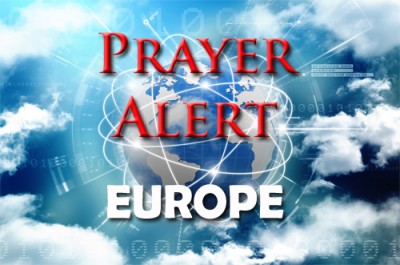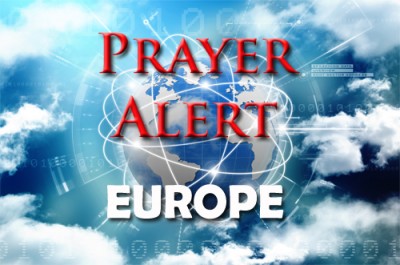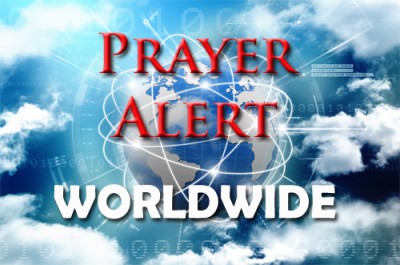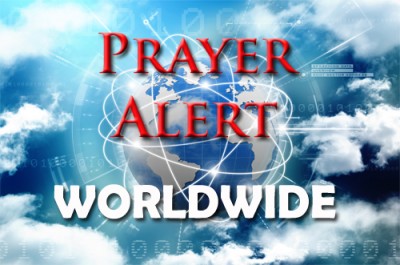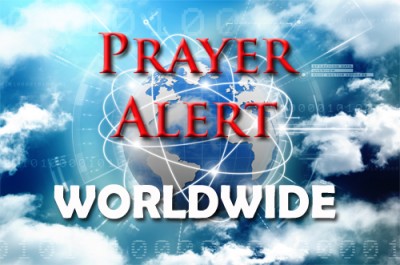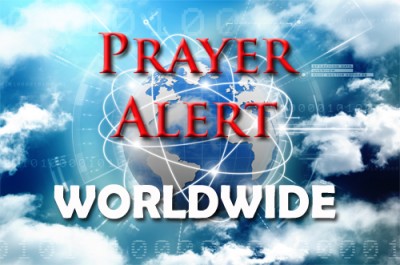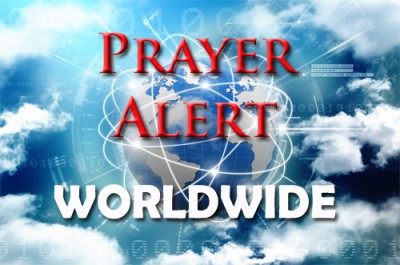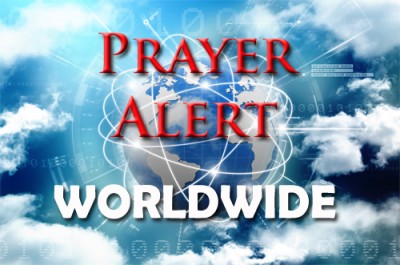Belarus: investigating corruption
25 Mar 2021The UK has joined other European countries and donated €500,000 to a human rights project investigating the Lukashenko regime in Belarus. The longtime dictator denies human rights abuses in his country despite overwhelming evidence gathered by journalists and NGOs. The project will collect, store, and build evidence of human rights violations and torture against the people which may in future be used in independent criminal proceedings. The initiative is led by a coalition of expert NGOs and supported by the UK, Denmark, Germany, and other international partners to hold Lukashenko’s regime to account for violations following the rigged Presidential election in 2020. This independent initiative, free from political interference, will help defend democracy, media freedom and human rights. It will help the Belarusian people take a vital step further towards securing justice.
Moldova: limited access to Covid vaccines
25 Mar 2021So far Moldova has only received 36,000 doses of the Covid vaccine, barely enough for 1% of its population of 2.6 million. This stock isn't even enough to cover the country’s primary target - its 60,000 medical staff. A coordinator from the National Vaccine Program said a three-stage rollout is ready, but the doses are not. He explains that to keep to their target of immunising 70% of their population, ‘we need to have more negotiations with manufacturers. But we are a small country, with a small population; we are not as interesting for manufacturers as other countries. The consequences of the lack of doses are dire, especially for the most fragile’. An NGO distributing lunch boxes to elderly and isolated populations in a poor neighbourhood said, ‘The week we went there, the death rate had almost doubled compared to the previous week. Yet despite this, there is still no sign of more vaccines.’
USA / Central America: many are fleeing
25 Mar 2021The US homeland security secretary said they are expelling most single adults and families but not unaccompanied children. An average of 565 lone children are crossing the border daily. The highest number of families come from Honduras, the most unstable Central American country. Many lone children come from Guatemala, where youth population and unemployment are high and smuggling networks are developed. The transition from Donald Trump to Joe Biden has persuaded would-be migrants that a limited window now exists for US entry. In the Trump years human traffickers were thwarted, but they are now eager for more. Also, two major hurricanes have inflicted severe human and economic damage in Central America. Taking to the road to find a better life is dangerous, especially for children. Most flee from violence, corruption, and poverty all around them. Doctors Without Borders said 75% of migrants with children were fleeing threats of violence, including forced recruitment by gangs.
Australia: flood devastation
25 Mar 2021Days of torrential downpours caused rivers and dams to overflow around Sydney and south-east Queensland. The military helped search and rescue in a ‘one-in-fifty-years event’. By 22 March 18,000 people had been evacuated and 10 million people across Australia were under a weather warning. Dead livestock floated through floodwater and houses were engulfed, causing over 22,000 flood damage claims to be lodged by 25 March. Receding waterlevels have begun to expose the extent of flood devastation to collapsed homes and businesses.Pray for those who have lost homes, farms, cattle, and businesses to have government support. Pray for people ordered to evacuate, still sheltering in centres living in fear and apprehension of what they will find when they return home. Pray for people warned to prepare for flash flooding and landslides as rivers rush in their direction. New South Wales Health is warning residents to be aware of the risk of contamination and water-borne diseases. See
South China Sea: fake fishing fleet
25 Mar 2021On 22 March the Philippines demanded China withdraw its massive ‘fishing fleet’, controlled by its navy, from waters that Manila has exclusive economic rights over. These boats have been nicknamed ‘little blue men’ because their role is similar to Putin's famous ‘little green men’ (Russian soldiers without official insignia who invaded eastern Ukraine on behalf of Moscow in 2014). For the Chinese navy to masquerade as fisherfolk is nothing new. But this time the sheer scale of the flotilla, a whopping 220 vessels, totally outnumbers the ill-equipped Philippine navy, coastguards, and local fishing boats which have long complained of China chasing them out of their own waters. As China's power rises, so too has Beijing's determination to dominate the South China Sea despite American intervention in the past, and the Philippines’ attempts to prevent illegal control.
Lebanon: worsening crisis
25 Mar 2021Lebanon has failed again to form a new government. President Michel Aoun wants help from other countries to overcome the deadlock. There is economic despair as political instability drives the currency down. As the currency dips further, the minimum wage sinks below that of third-world countries. It is unbelievable how little people are earning now. They are stuck in a vicious circle, with no end in sight. Each time the currency loses value, prices go up, and people can buy fewer daily essentials. A bottle of milk was 3,000 Lebanese lira, now it’s 8,000. But that same bottle of milk bought with US dollars is less than 50 cents. It becomes ¼ of the price for people with dollars, but the poor people pay over double the price. As the crisis worsens, people have nowhere to put their hope, so they are starting to put their hope in Christ.
Eritrea: EU announces sanctions
25 Mar 2021On 22 March the European Union announced a number of sanctions on Eritrea’s national security office. This positive EU move should hardly be a surprise to the Eritrean government. It has faced sanctions for its human rights and religious freedom violations in the past, earning the nickname of ‘Africa’s North Korea’ for its systematic flaunting of international standards and its insular foreign policy. The recent sanctions target arbitrary arrests, extrajudicial killings, enforced disappearances of persons, and torture committed by its agents. Eritrea has a well-documented history of treating its prisoners inhumanely and of targeting religious minorities for particularly harsh treatment. Me’eter Prison, the customary holding place for Eritrean prisoners of conscience, is notorious for its regular use of torture, for example to induce religious recantations. Prisoners are kept in metal shipping containers placed on the open desert floor.
Ethiopia: crisis for children
25 Mar 2021UNICEF is underscoring the need for continual aid for children amid a worsening situation in the Tigray region of Ethiopia. Five months since the conflict began, a picture is emerging of killings and sexual violence against women and children. UNICEF reports schools and health centres looted, vandalised, and occupied by armed groups. In addition, deliberate attacks of violence and looting have left 60% of health care facilities not operational. 57% of boreholes (providing water) in 13 towns are not functional, and a quarter of the region’s schools have sustained damage. Although UNICEF and partners give humanitarian aid to the needy, there are urgent needs for children’s protection. Fighting, media blackout, and government-imposed restrictions leave humanitarian organisations unable to provide adequate aid, and they have had difficulty accurately gauging the need. Basic service outlets must be protected and the safety and security of everyone working in and accessing those services guaranteed.
